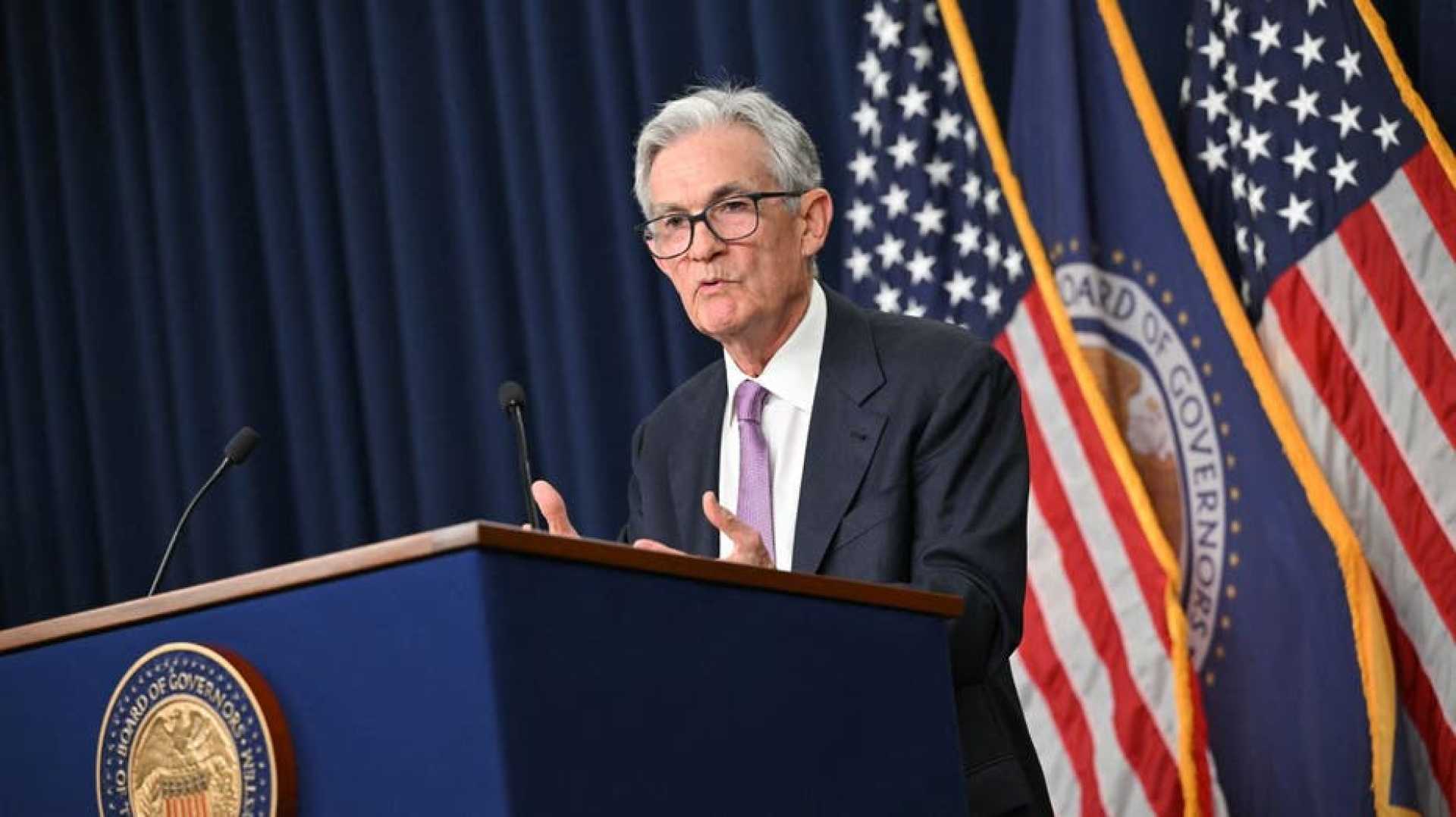News
Federal Reserve Cuts Interest Rates Amid Shifting Economic Concerns

The Federal Reserve took decisive action on Wednesday by cutting interest rates, marking a significant shift in its long-standing effort to combat inflation. This decision comes as inflation fears subside and concerns about the labor market gain prominence.
The central bank announced a reduction of its benchmark interest rate by half a percentage point. This move aims to make borrowing cheaper for activities such as securing car loans, financing businesses, or managing credit card balances.
This is the first rate cut since 2020, and more reductions are expected. The Federal Reserve’s rate-setting committee anticipates borrowing costs to drop by an additional half a percentage point within this year and further by a full point next year. This reflects a more aggressive approach than previously projected three months ago.
For over two years, the central bank has primarily focused on curbing inflation by raising interest rates, which began in March 2022. Last summer, rates reached between 5.25% and 5.5%, levels not seen for more than two decades. However, with inflation rates now significantly reduced to 2.5% last month from a high of 9.1% in June 2022, the focus has shifted.
Simultaneously, the pace of job growth has slowed, and the unemployment rate has risen slightly to 4.2%. These developments have raised concerns about high interest rates unnecessarily hindering economic progress. “The upside risks to inflation have diminished, and the downside risks to employment have increased,” stated Fed Chair Jerome Powell during a recent speech in Jackson Hole, Wyoming, emphasizing the need for policy adjustments.
Despite the decisive cuts, the path of future rate reductions remains uncertain. Committee member Michelle Bowman suggested a more cautious approach with a quarter-percentage-point cut. There remains debate among committee members about the extent of rate declines required moving forward.
While falling interest rates are likely to ease borrowing constraints and potentially boost economic growth, they also pose challenges for savers. Interest earnings from online savings accounts and money market funds could decline as a result.
The timing of this monetary policy adjustment aligns closely with an approaching presidential election, where voters consider economic strength a critical issue. Powell has consistently emphasized that the Fed’s decisions are made in the interest of the economy, free from partisan influence.












